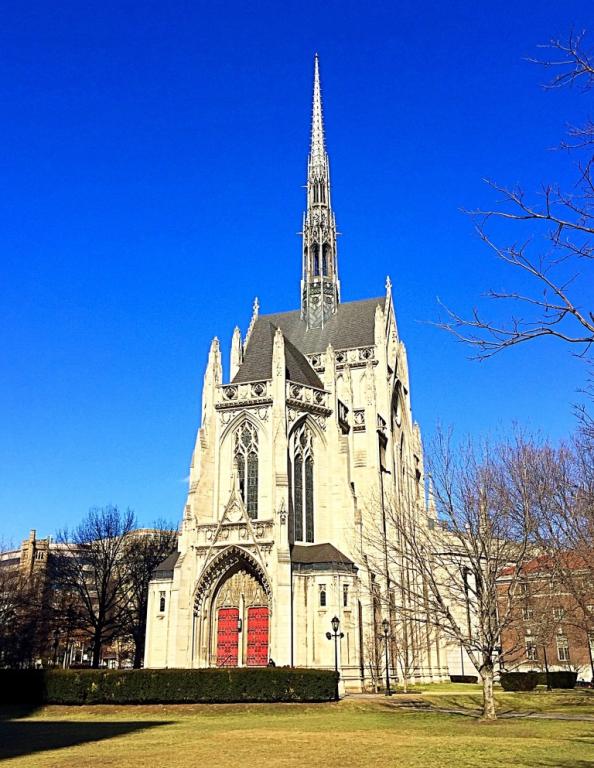“It was such a dark time.”

A couple weeks ago I was on a train from Prague to Bratislava, from the Czech Republic to Slovakia, which for most of the 20th-century were one nation, Czechoslovakia. Surrounded by countries we know— Germany, Poland, Austria, Hungary, the Ukraine —these peoples have fought for their identity over centuries. On the train it is about four hours between the cities, and for several I was working on talks I am giving in Bratislava the next few days, but when our little compartment emptied, there were just two of us left, another man and me.
As we talked, stumbling between English and Slovak, understanding and not some of what we hoped to say, I asked him about what had happened when the Communists took over Czechoslovakia. “I was 16 in 1968 when the Russians came. It was a dark time. I remember seeing my father cry, tears streaming down his cheeks. In the weeks that followed, he was taken to the police station, and we didn’t know what would happen. For a week we heard nothing. When he came home, all he would say is, ‘It was very hard.’ And he cried again. Those were dark days for us.”
16 in 1968. Just my age. And I began thinking of my high school years in California, still
singing the songs of the Beatles but just on the edge of the counter-cultural revolution that would change so much about who we were and how we would live in America… and how far, far away I was from the terrors of Jan, my new friend. As I looked at him, studying as closely as seemed appropriate, I began seeing that we must be close to the same age. But no longer 16, either of us; instead now older men who have lived most of life, greying hair both of us, me with a white beard, and we have grandchildren. No, not adolescent boys anymore
He studied theater at the university, and for forty years has directed a theater near Bratislava. A thoughtful man, a kind man, a practiced man, and a man who has lived a life far from mine— and yet, we had much to talk about together in our halting efforts to find words we could understand. Both of us apologized for not being able to say more; I felt so badly for not knowing his language. But we talked about my love for Czech films, and my reading of Vaclav Havel and Milan Kundera, and the ways their thinking has woven its way through my mind, into the very way I see the world. I think he was surprised by that, that I would know anything at all about his world, that I would even care about his world.

This was my second visit to Bratislava. About ten years ago I was there, teaching for ten days to a group of post-university students from throughout the former Soviet Union. They had never been this far west, never had seen the West. This capital city of Slovakia is built next to the Danube, and one day we took a hike to an old castle along the river into Austria. I still remember the chill and wonder I felt watching them, peering across the river, wondering what the West was really like, wondering if they would ever visit Austria, and France, and England, maybe even someday the Real West (!), the U.S. and California of course. But they had no true hope for that, planning on returning to the Ukraine, to Russia, to Georgia, to Romania.
This time I was there to speak to a conference convened around a book I have written, which seems a strange thing to me. But their questions are not so far from questions that are mine, and that is why this makes sense. Like all of us, they long for their lives to matter, for the work they do to matter. Simply said, they want to think more fully about what a recovery of vocation would mean for a renewal of their societies, why and how a vision of vocation might bring about a healthier social ecology. Those are my questions because they are human questions— whether they are asked in America or China or India or Africa, because they are questions at the heart of good lives and good societies everywhere.
And this man who was just my age asks them too, now looking back on his life as he does, even as he hopes for more time to live a life beyond the dark times he has known. He told me that he wants to talk again; I do too, because we have many things to talk about.
(The city of Bratislava as morning comes. My memory is that it is strange, so much a mix of beauty and awfulness, its almost-fairy land of old buildings downtown, with its streets going out into the larger city marked by the architectural embodiment of Communism’s ugliness, the style we call “brutalism,” because it is.)
For more from Steve Garber, check out his Commons Blog from the Washington Institute for Faith, Vocation and Culture.














